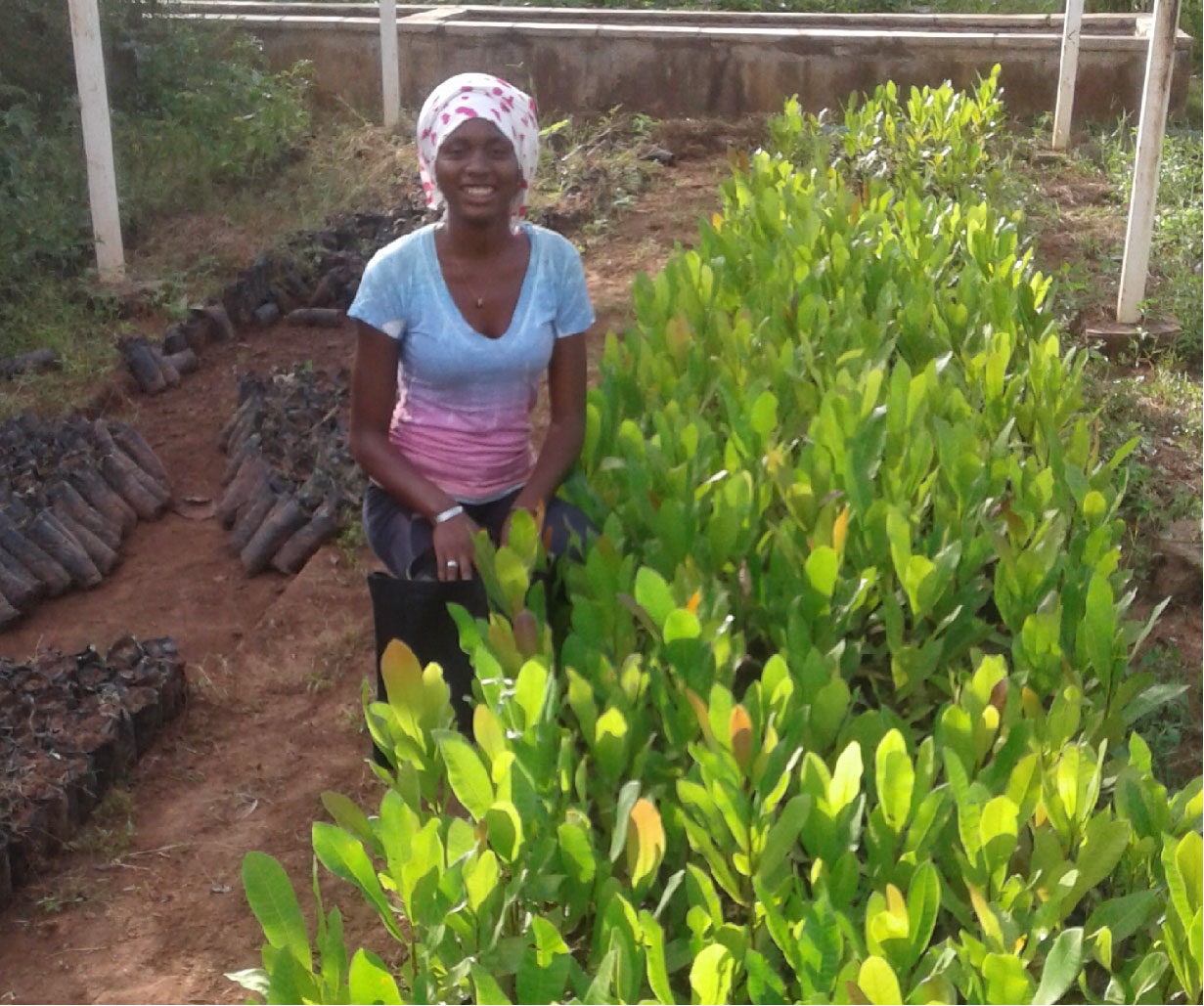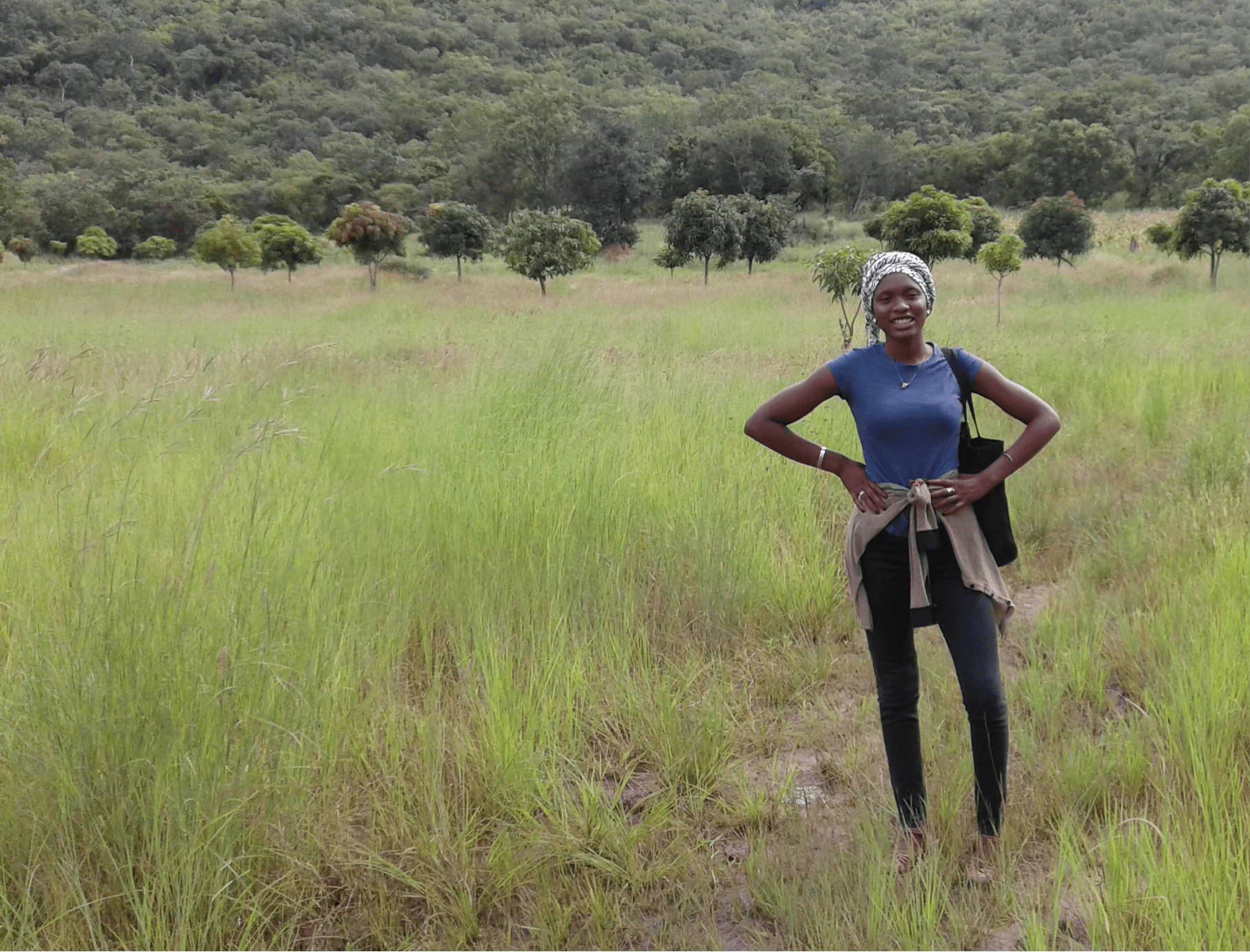Talking Education, Leadership, and Women’s Empowerment with Trees for the Future’s Newest Country Coordinator: Fatoumata Diedhiou
Fatoumata Diedhiou spends her days transforming Senegal, both literally and figuratively. As the Senegal Country Coordinator for Trees for the Future, she oversees national regenerative agriculture strategies. She supervises 36 employees and works with 2,200 farmers in the Senegal Forest Garden projects.
“My main motivation is to see people’s lives changing day by day thanks to this project,” she says.
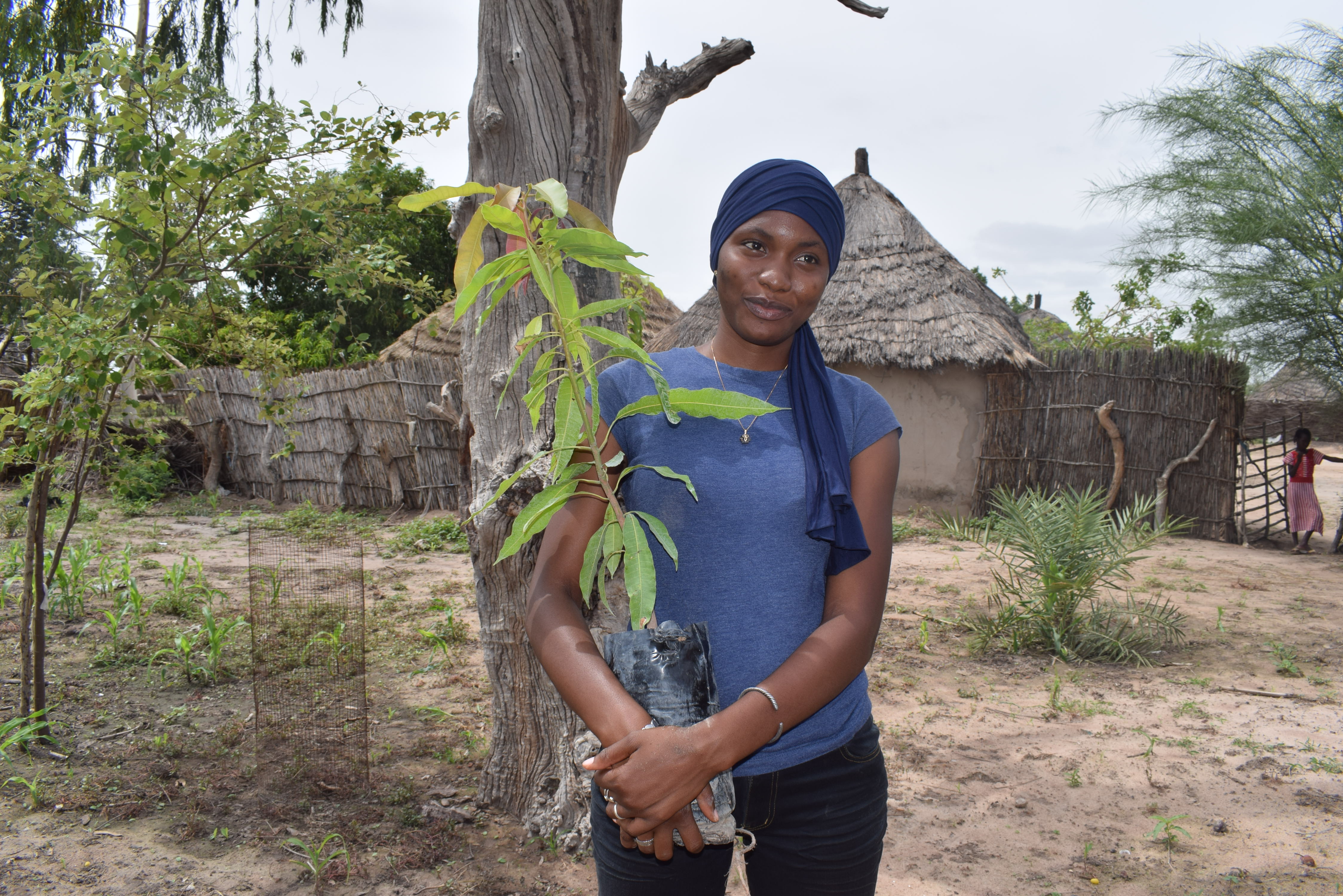
A Journey Rooted in Passion
Born and raised in Thionck Essyl, Senegal, Fatoumata credits her upbringing for shaping her interests. Time spent gardening with her mother sparked a passion that would later define her career. She considers herself fortunate to have completed primary school, college, and university.
“Sociology has changed my life positively because with it I have discovered other new localities for community and social actions, so I can say that it is the thing that made me what I am today and also helped me understand rural communities,” Fatoumata says of her studies.
Fatoumata’s journey with Trees for the Future began in 2007 when she met Executive Director John Leary, then a volunteer. Years later, she interned with the organization. In September 2017, she became the Senegal Assistant Country Coordinator. By 2019, she was promoted, making history as the youngest and first female Country Coordinator.
Impacting Lives Through Agroforestry
Today, Fatoumata is passionate about the impact of Trees for the Future. She has witnessed a significant reduction in hunger and poverty among farmers.
“I never thought that trees could eradicate poverty to this point,” she says. “My main goal is to integrate all the villages that have land for agroforestry, to create mini-programs to help farmers be more financially independent thanks to agroforestry.”
As Country Coordinator, she manages the national program budget, supervises and trains technicians, and monitors project progress. Recently, she oversaw the installation of hundreds of water systems on farms. She also works closely with women’s savings and loan groups.
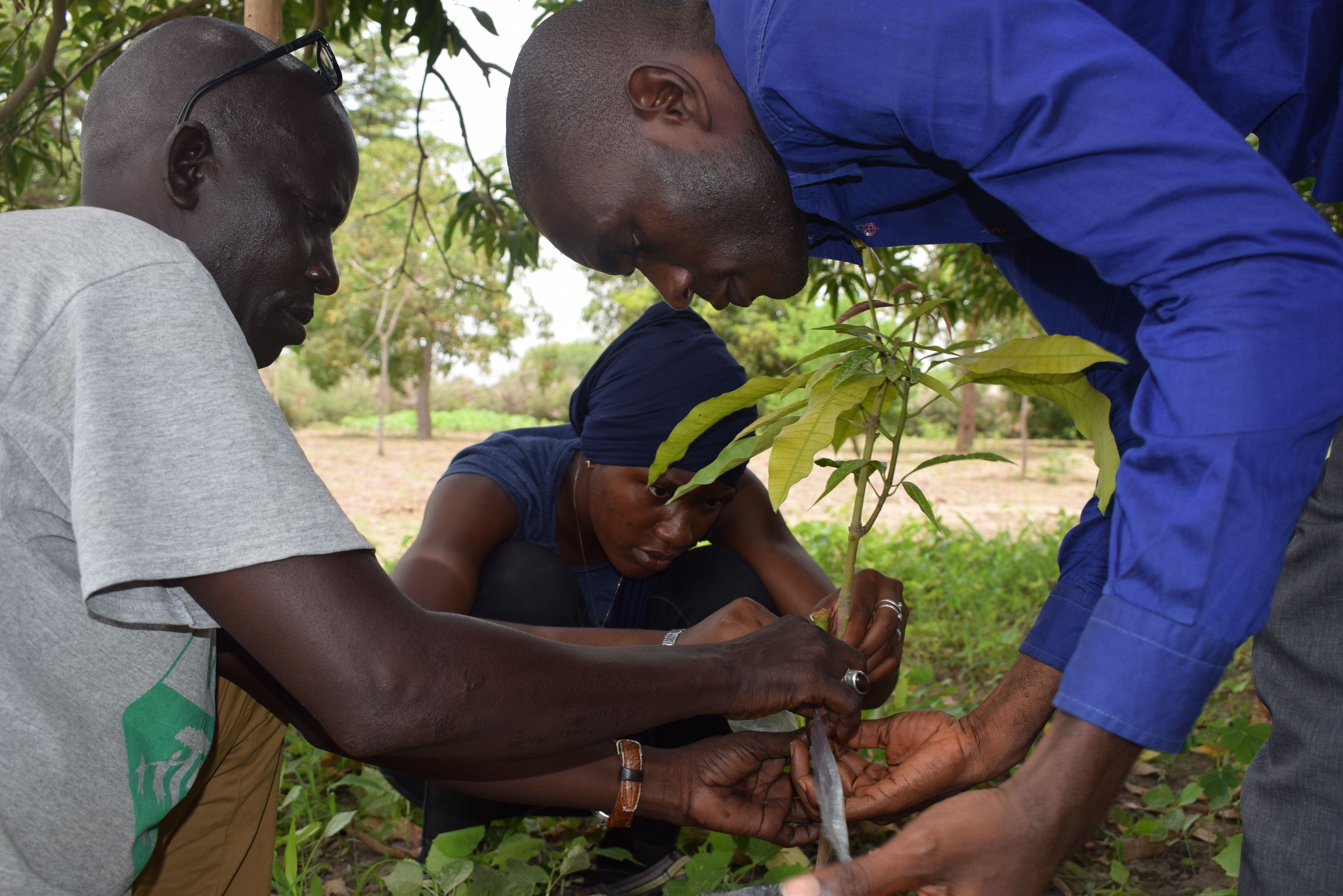
Breaking Barriers for Women in Senegal
At just 24 years old, Fatoumata holds a leadership position in a region where women rarely get such opportunities. While she acknowledges the challenges Senegalese women face, she prefers to focus on empowerment.
“I believe in one thing. I believe women can all [accomplish anything] if they want to, so I encourage them to be more decisive in their work and believe that being a woman does not reduce the ability to change the world,” she says.
Each Forest Garden Project consists of 300 farmers, on average. Trees for the Future requires 30% of project participants to be women, but they typically exceed this number per project.
“The women farmers I work with are brave women, their commitment far exceeds that of men. Today, with the TREES project, women have gained a lot of respect from their husbands given that they are the ones who pay for their children’s schooling and help with household expenses through agroforestry.”
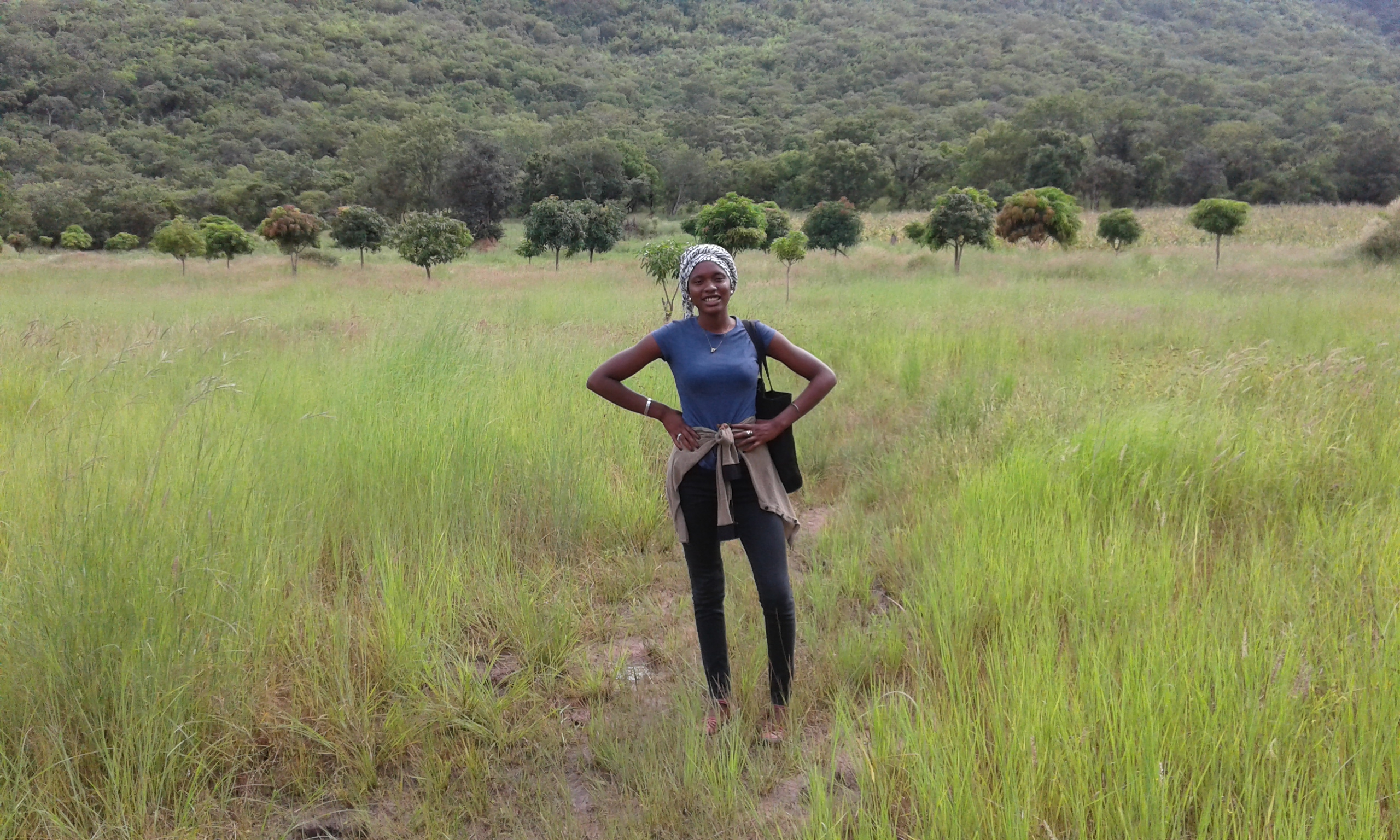
Shaping the Future Through Women’s Leadership
By promoting women’s sense of worth in the Forest Garden and in the family, Fatoumata believes a shift in gender norms is possible.
“Since the woman is the person closest to the youth, it is through her that we can instill agroforestry and entrepreneurship in the minds of children and youth and put an end to the rural exodus and poverty,” she says. “[Women] are often intimidated by men in the villages but little by little they free themselves from those grips.”
Although she is still settling into her new role, Fatoumata looks forward to what the future holds for herself, Trees for the Future, and all of the farmers that she will work with along the way.
“Trees for the future has transformed the lives of many farmers and has helped many young people in Senegal achieve their dreams,” she says. “I believe that with these types of international development projects, a lot of lives will change.”
